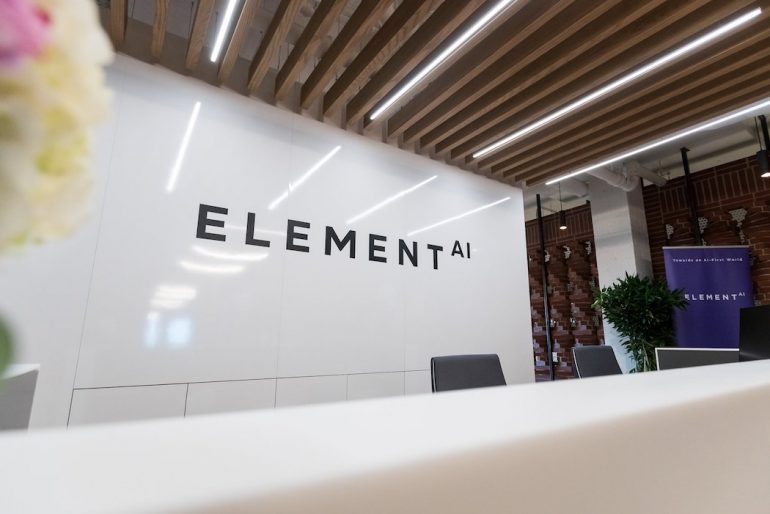Montreal-based Element AI has entered into a strategic relationship with Japanese automotive company Aisin Seiki Co. Through the new partnership, Element AI will implement explainability features into Aisin Group’s manufacturing operations.
Element AI said explainability features help manufacturers overcome challenges in adopting AI.
In artificial intelligence (AI), explainability refers to how well the internal mechanics of a machine or deep learning system can be explained in human terms. The explainability features Element AI is delivering are aimed at facilitating factory acceptance and customer approval of the existing computer vision technology deployed in Aisin Group’s manufacturing operations.
“Visually tracking and watching for any possible anomaly requires a high level of computer vision accuracy,” said Katsuaki Takahashi, group manager of Aisin Seiki. “Incorporating explainable AI in our factories is an example of our commitment to assuring confidence in the quality and reliability of our processes and products.”
Element AI said manufacturers are now quickly adopting AI to identify and verify anomalies that could jeopardize quality during production, but machine learning algorithms without an easy-to-follow explainability path often can cause distrust and non-compliance. The startup said explainability features overcome these adoption challenges, thereby increasing the business value of machine learning for manufacturers.
RELATED: Brookfield Institute reveals career pathways model for jobs disrupted by technology
Explainability features are already included in a number of Element AI’s software products, and the startup is also working on solutions to help address three challenges facing manufacturers: the project skills gap from lost skills and knowledge transfer, the high velocity and volume of data generated due to Industry 4.0 and IoT connected devices, and the ever-changing demands as consumers.
“Operationalizing AI with explainability steps in critical manufacturing settings is often overlooked or provided as an afterthought in many markets, and few companies have realized success in compliance, acceptance, and adoption in their operations,” said Karthik Ramakrishnan, head of industry solutions at Element AI.
Last month, Element AI announced it would be partnering with Mozilla to fund and support policy and legal research focused on data trusts. The Montreal-based startup has announced a number of partnerships and customers since it came out of stealth mode earlier this year. The company also raised a $200 million CAD Series B, which was one of the largest venture rounds in Canadian history, but was smaller than the startup had been predicted to raise.
More recently, Element AI co-founder and Université de Montréal professor Yoshua Bengio has been in the news arguing that changes to the Quebec experience program could hurt the AI sector’s talent recruitment efforts. The program, which offers international students who graduate from Quebec institutions a fast-track to permanent residency, cut masters and doctorate graduates from being eligible for the program.
Bengio told CBC Radio-Canada that denying computer science students like them eligibility to the Quebec experience program “could have a serious impact on AI in Quebec.”
“It’s a bit odd,” Bengio told Radio-Canada. “I spoke with several people in the government, including the premier, and they still seem to see AI as a priority.”
Debates have continued throughout this week in Quebec, over the changes to the program.
Image courtesy Element AI via Facebook


